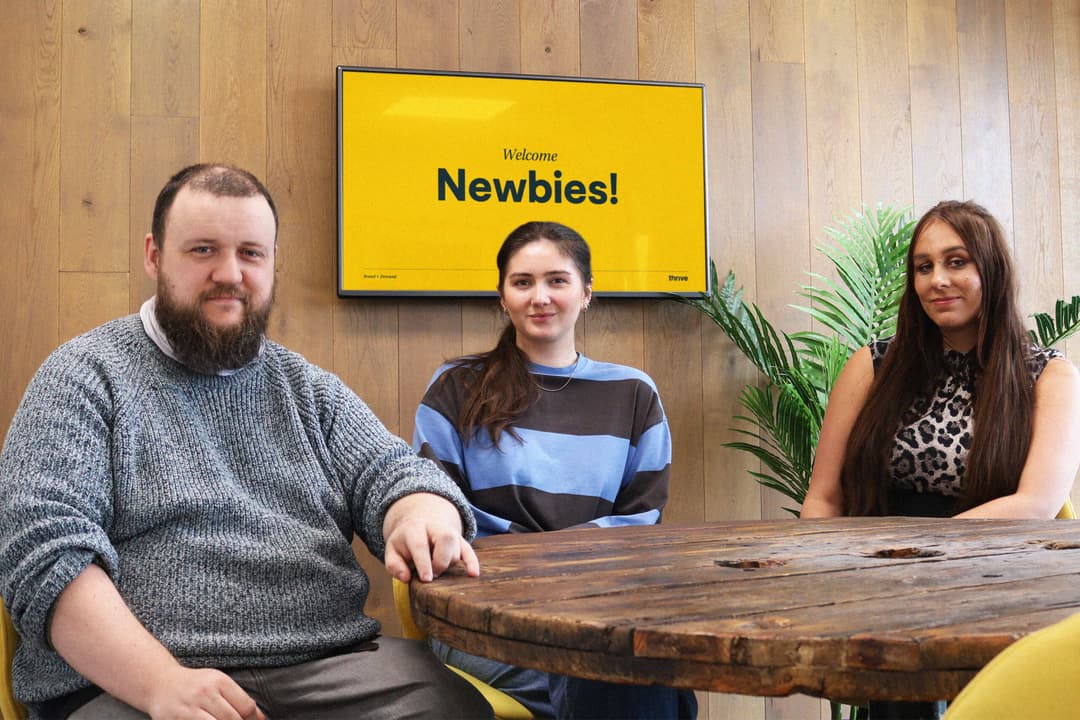Search Fragmentation: What It Is and Why It Matters
16th July 2025

In 2025, the digital landscape is no longer set by a single search engine. Today’s consumers, particularly Gen Z, are breaking the norm for search journeys. Google seems to be a thing of the past for them, with platforms such as TikTok, Chat GPT, and other AI assistants shaping the way for their searches.
A study by Her Campus Media found that TikTok is the top search engine for the majority of Gen Z, with 74% using the platform for search. 51% even said they use TikTok over Google as their primary search engine.
Along with TikTok, there’s AI, another Gen Z favourite. A Statista Survey recently found that almost 75% of Gen Z are interested in using AI during their shopping processes, with many bypassing traditional search engines.
This dramatic change in search platform preferences is known as Search Fragmentation – where search behaviour is changing far from the traditional routes. The fragmented search journey now means there is no longer a linear search path, with users bouncing between platforms to find the fast and effective results they want for suggestions, reviews, and even product comparisons.
In product research, decision-making, and delivery, consumers want answers faster than ever before. This want has pushed more consumers towards using platforms including AI and TikTok, which take away the amount of clicks a user makes, providing fast and often effective results. Consumers often think… why sift through 10 website pages when ChatGPT can collate all the answers together in one place? And the same goes for TikTok, where users can see a product review from a real person in less than 30 seconds. More TikTok users are using the platform to search for short-form UGC content about restaurants, clothing, and holiday locations, to find and compare the best spots and buys. With endless authentic UGC review content, it’s easy to find the answers and information you’re looking for.
How should we adapt to this as marketeers?
Full channel coverage
Full channel coverage is essential in a fragmented search landscape – content must perform quickly and clearly across every platform, including Google, websites, TikTok, and Meta. We need to prepare our content to appear in these new forms of search journeys, where users are looking for fast and easy answers.
Website content and technical SEO
It’s unlikely that SEO will become a thing of the past, but as search is now fragmenting, many users are swaying away from Google. Combining technical and on-page SEO with updated website content brings the best chance for your website to show in AI Chatbot responses. If users have general questions which your website’s content has the answers to, you could expect your page to show up in Chatbot responses. Many of our clients are seeing traffic from AI sites, and this is only going to increase.
Testimonials and Reviews
Users are using AI more and more to compare offerings and validate their choices. AI will compare your product or service to your competitors and provide users with a concise list of pros and cons from which they can make their decision. For this reason ensuring a positive experience and positive reviews is now more important than ever.
UGC and short form video content
Users are also turning to TikTok for search and validation. The ability to watch reviews and comparisons from a simple search means that more users are choosing this fast and simple way. With ever-growing demand for short-form content, it needs to become a part of your marketing strategy. Brands that invest in engaging short-form content are more likely to capture attention, build trust, and influence purchases at the first step of search.
It’s clear that search behaviour is changing rapidly, with increasing demand for short and effective search responses. As marketeers, it’s important to adjust our strategy to suit the demands of our audiences.







